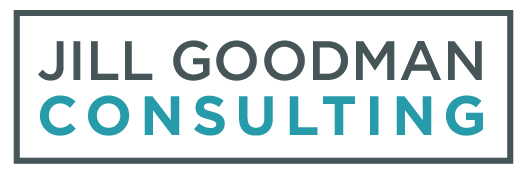A Big Expedition or A Small Journey
People write books, blogs, and movies about epic adventures, phenomenal start-ups, and transformational journeys. We long to have one of those adventures, lead our organization in creating a brilliant new product, or discover something so essential it will upend society as we know it. The reality, however, is that we don’t have time to do any of those things.
I appreciated the work of the Norwegian author, Torbjørn Ekelund, who wrote A Year in the Woods: Twelve Small Journeys into Nature. Ekelund, a man with an office job, a wife and two young children, a house, and all the time commitments that go along with suburban life, yearned for a way to spend more time in nature. The concept of the lone and dangerous “expedition,” the kind with a mission to bring knowledge and understanding to the world, the kind with a high likelihood of failure, was not going to work for Ekelund. After researching how Aboriginal Australians approach time spent in nature, which he describes as “…ambling about in the wild without any intention of time or space.” Ekelund decided to combine the two and embark on twelve monthly, solo, one-night camping trips in the forest or “a year of micro-expeditions.”
Not only is this book beautifully written, but the author is also insightful, observant, humorous, and honest about what did not work, what he learned, and what filled his soul. As I read the book, I noticed the parallels between how I think about issues that confront small school leaders and how Ekelund approached his problem, thought about his goals, and what solutions he could enact given the constraints and parameters of his life.
School leaders seem drawn to undertake the small school version of an expedition: the big admissions open house, the fundraising gala, the new database, or the new middle school building.
Most small school administrators feel understaffed, under-resourced, and overwhelmed a lot of the time. At some point, someone (either a group of parents, trustees, or administrators) decides that to solve for X, the only way forward is the expedition-level idea presented in the form of Y.
While much of my practice is devoted to guiding leaders through expedition-level ideas, I can’t help but wonder if focusing on “micro-expeditions” is a better way forward for some schools. For example, one client decided to forgo her admissions open house last year. The school suspended it during the pandemic, and she was under a lot of pressure from the Head of School to bring it back. The open house was a heavy lift for a one-person admissions office, and she and I looked at her data and concluded that her time and efforts were better spent with one-on-one tours and meetings with parents and students. The Head’s goal was to connect with prospective families, and his experience was to do that at the open house. We re-engineered the tours to accommodate a three-minute stop at the Head’s office, fulfilling his need to connect and capitalize on the best use of the admissions director’s time and sales talent.
The spring and summer tend to be when school leaders embark on strategic planning, conduct research, and gather data to inform the next big expedition. Does anyone really have time to execute that big expedition? What if leaders can meet those same goals with a series of micro-expeditions? With more time for reflection, response, and reorganization, big change can and will happen with small, intentionally crafted steps forward. We can always create the time for a small journey.
The author, Jill Goodman, is a consultant working with independent school leaders to advance their school’s mission, enhance their processes, and bolster their skills. Learn more about all services here.



